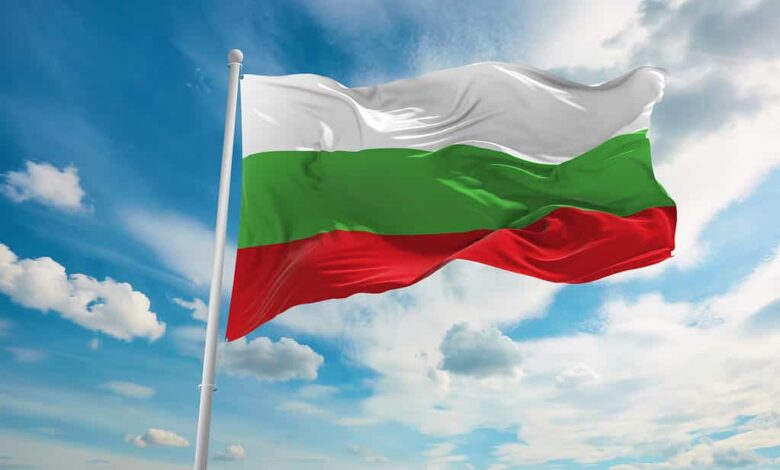Bulgaria faces critical labour shortage, seeks 50,000 foreign workers

Bulgaria is dealing with a severe labour shortage, particularly in the tourism sector, and needs at least 50,000 foreign workers to meet seasonal demand.
As the country prepares for the summer travel period, the shortfall in staff is threatening operations across hospitality, construction, transport, and healthcare.
According to the labour ministry, data shows that over 36,000 work permits have already been issued in 2024 to foreign nationals from 79 countries.
The largest groups of workers have come from Türkiye (8,000), Uzbekistan, Kyrgyzstan, Nepal, and Moldova, primarily employed in tourism, logistics, and construction.
Why local workers are not enough
Experts attribute the crisis to a combination of factors, including an ageing population, workforce emigration to Western Europe, and low domestic interest in manual or seasonal jobs.
- The situation is forcing Bulgarian employers to hire from abroad, with both low-skilled and high-skilled positions in demand.
- Despite the growing need, companies report that the process of hiring foreign workers remains bureaucratic and slow. It can take between six to nine months to complete hiring due to outdated procedures, a lack of coordination between institutions, and shortages in administrative personnel.
These delays are especially challenging for businesses dependent on seasonal staff, such as hotels, restaurants, and tour operators.
Foreign hiring caps may be reviewed
Current laws cap the number of foreign workers a company can hire at 20% of staff for large firms and 35% for small and medium-sized enterprises.
However, officials say these limits may be reviewed as the government explores ways to ease the labour gap.
Work permit options for foreign workers
Bulgaria offers several work permit categories for non-EU nationals:
EU Blue Card: Highly skilled professionals in sectors like IT, healthcare, and engineering require a job offer with a salary of at least 1.5 times the national average and is valid for up to four years.
General Work Permit: Suitable for roles across various sectors, including manufacturing and services. Applications must be submitted by employers and are valid for one year, renewable.
Seasonal Work Visa: Allows employment in tourism, agriculture, or hospitality for up to nine months.
Intra-Corporate Transfer (ICT): Permits non-EU employees of multinational firms to work temporarily in Bulgaria without changing their employer.
Bulgaria’s labour market is becoming increasingly reliant on international workers to fill critical gaps as demand for foreign talent rises.
While the application process may be slow, prospective migrants are advised to start preparations early to secure roles that match their skills.








